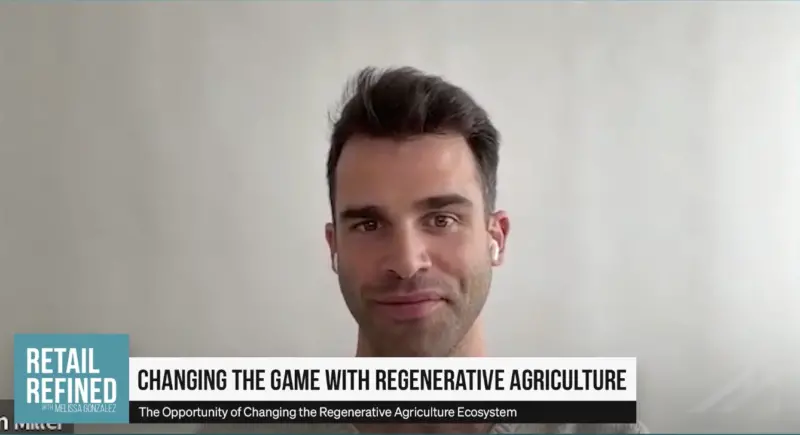What Implications for Financial Institutions Were Revealed by The Federal Reserve’s Reports on Payment Trends?
The Federal Reserve’s Reports on payment trends gave the banking industry food for thought on the ways consumers and businesses pay today.
Technology advances in the finance industry continue to evolve the methods and ways people pay. Banking is at the forefront of these changes, grappling with emerging trends and technologies reshaping the payment landscape. The Federal Reserve’s recent reports on consumer and business spending choices reveal significant shifts in payment methods.
The Federal Reserve Payments Study finding reveal a slight decline in cash payments, accounting for 18% of all transactions. On-person cash holdings witnessed a $5 increase from 2021, with the average consumer carrying $73. Store-of-value holdings also saw a modest increase, with a typical value of $418. In contrast, the share of in-person and P2P payments held steady at 81%.
What do these changes mean for the banking industry? How are consumers and businesses adapting to new payment technologies, and what role should financial institutions play in this evolving ecosystem?
In the latest episode of Banking Experiences Elevated, a Hyosung Innovue podcast, host Daniel J. Litwin engages with William Budde, VP of Banking Strategy and Solutions at Hyosung Innovue, to delve into these pressing questions. The discussion revolves around the Federal Reserve’s reports on payment trends, the implications for financial institutions, and the strategic responses required to navigate this dynamic landscape.
Key points of Litwin and Budde’s conversation include:
- The rapid growth of non-cash payments in the US, outpacing any previous measurement period since 2000.
- The surprising resilience of check usage, despite an overall decline, with the average value of check payments increasing substantially.
- The role of debit cards in the payment ecosystem, accounting for over half of the payments in the study.
William Budde is an innovative leader in financial services with a proven history of creating and implementing transformational change. Executive with comprehensive experience in Product Development, Process Design, Vendor Management and Negotiation, and Systems Development. Diverse background within financial services covering insurance and banking systems and experience in Technical Architecture, Functional Design and Development, Testing, and Data Architecture on multiple technology platforms as well as Business Strategy Definition, Process Design, Optimization, and Program Management.


